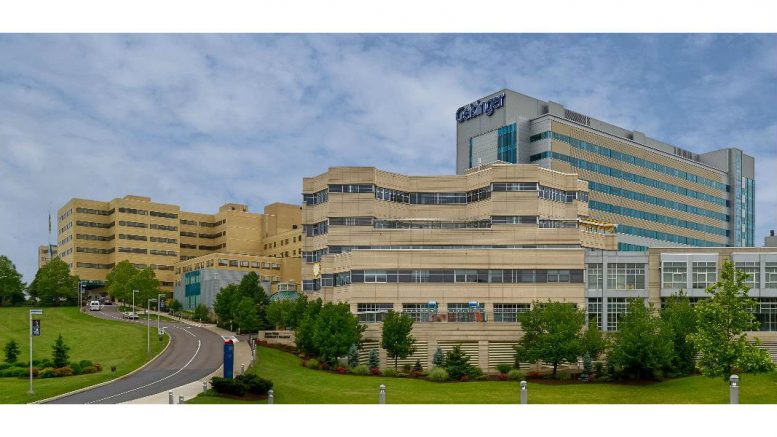Joint Proposal to Reduce Adverse Events and Avoidable Hospital Readmissions Selected Among Top 25 Submissions
Geisinger, one of the leading integrated health services organizations in the United States, and EarlySign (earlysign.com), a pioneer in developing machine learning techniques for early detection of disease, have been recognized for their joint proposal being one of 25 accepted by the Centers for Medicare & Medicaid Services (CMS) to advance to Stage 1 of the AI Health Outcomes Challenge.
The CMS AI Health Outcomes challenge provides innovators with the opportunity to demonstrate how AI tools may be implemented to predict health outcomes and keep patients healthy in hopes of more AI tools being considered for potential use in CMS Innovation Center payment and service delivery models. More than 300 entities submitted proposed AI solutions to the Challenge.
The joint Geisinger/EarlySign proposal – Reducing Adverse Events and Avoidable Hospital Readmissions by Empowering Clinicians and Patients – will seek to apply advanced AI and Machine Learning algorithms to Medicare administrative claims data. Doing so can lead to the development of models that predict unplanned hospital and skilled nursing facility (SNF) admissions within 30 days of discharge and adverse events such as respiratory failure, postoperative pulmonary embolism or deep vein thrombosis, and postoperative sepsis before they occur.
“Approximately 4.3 million hospital readmissions occur each year in the U.S., costing more than $60 billion, with preventable adverse patient events creating additional clinical and financial burdens for both patients and healthcare systems,” said David Vawdrey, Ph.D., Chief Data Informatics Officer at Geisinger. “Together with our partner EarlySign, we have forged a dynamic team that is rapidly developing novel solutions to achieve the Quadruple Aim of improving the patient experience of care, improving the health of populations, reducing cost, and improving clinical care provider satisfaction.”
“Geisinger’s experience and substantial unified data architecture (UDA) is the perfect complement to EarlySign’s proprietary data repository and suite of AI tools, enabling the rapid development and validation of effective machine learning models,” said EarlySign CEO Dr. Jeremy Orr. “These models are designed to integrate seamlessly with current clinical workflows as a decision support tool that can help improve patient outcomes and decrease healthcare costs.”
CMS will announce Stage 2 finalists for the AI Health Outcomes Challenge in April 2020. The final awardees and grand prize winner will be revealed in September 2020.

